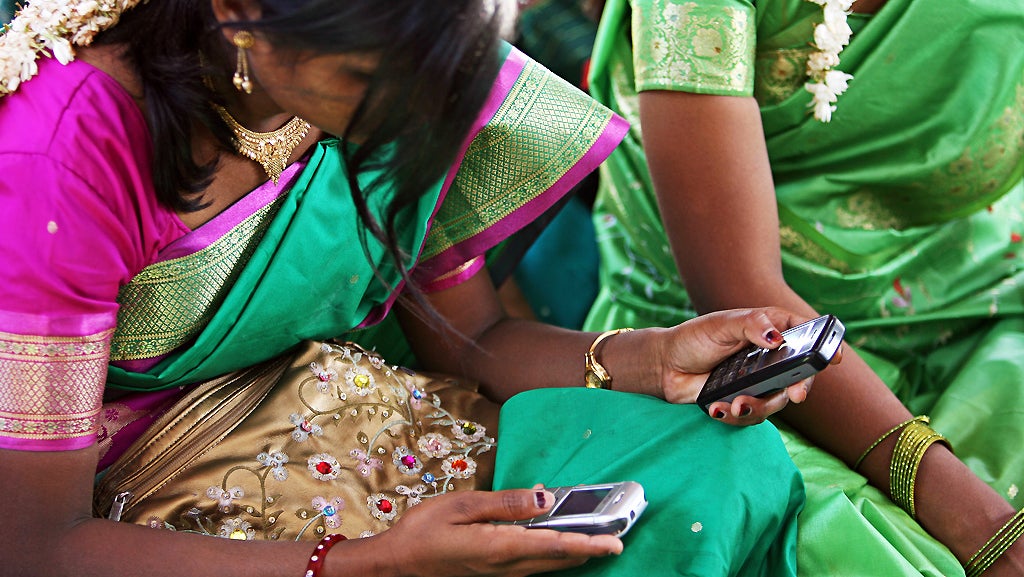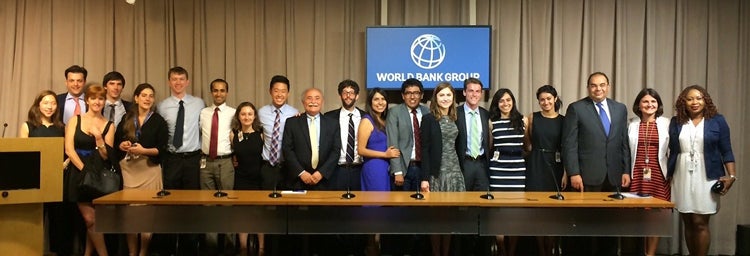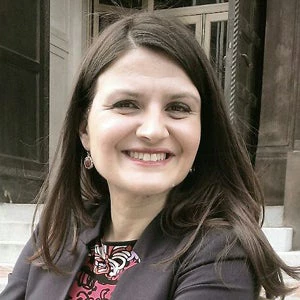
Juancito is from a small town in rural Peru. He wakes up every day at 5 a.m. to walk two hours to get to school. One day, he fell and twisted his ankle, but because the nearest health clinic is three hours away, his teacher had to fill in as a health care provider.
Juancito’s story provided the inspiration for the third-place winning team of the first Ideas for Action Competition, sponsored by the World Bank Group and the Wharton Business School. The team noted that the local government — which receives royalties from a mining company — didn’t lack the funds needed for development, but community needs were being overlooked.
To ensure that Juancito and others like him can receive the services they need, the team proposed a four-pronged approach to help local governments better prioritize community needs and engage local communities in how mining royalties are spent.
Nearly half the world’s population is under 25. Today’s youth will be responsible for implementing the development agenda global leaders aspire to adopt this year, including the Sustainable Development Goals, a financing framework to support them, and a framework agreement on climate change.
“The world is in need of new ideas as it faces new challenges,” said Mahmoud Mohieldin, World Bank Group corporate secretary and president’s special envoy, who emphasized the importance of youth participation in the post-2015 discussions.
Launched in November 2014, the Ideas for Action competition (I4A) seeks to engage young people in creating innovative ideas to finance development, partnering with groups such as the World Bank’s Youth to Youth (Y2Y) Community, Young Americas Business Trust, and the Organization of American States. The Y2Y Community and the Office of the President’s Special Envoy brought the top six teams to the World Bank in Washington in May to share their ideas and discuss how they can move them forward.
The competition drew global interest, attracting 330 submissions from 1,500 youth in 130 countries, with the highest representation from India, Nigeria, and Peru. The top six proposals were selected through a rigorous and multi-layered selection process. Senior management from the World Bank Group and Wharton, as well as private sector executives from Citibank, PepsiCo, G-24 Secretariat, and Firmenich USA, participated in the final review panel.
“Proposals from the youth finalists were very well-written and offered both creative and solid ideas,” Mohieldin said. “The panel had a tough time ranking them.”
Nena Stoiljkovic, World Bank Group vice president, Global Practices, offered an invitation for the teams to engage the Global Practices to build upon their ideas at a technical level. “I4A participants have offered interesting insights towards solutions for big development challenges that relevant Global Practices can benefit from and help to further develop,” she said.
I4A’s winning team spent more than four months developing their winning idea. “I4A incentivized us to construct an idea we would not have thought about otherwise. I liked how it was self-motivated rather than driven by grades,” said team member Keshav Garud, a business student at the University of Pennsylvania.
The winning team proposed creating two micro-insurance products for families heavily dependent on remittances: one to insure the stream of remittance income in case, for example, a worker falls sick, and one to redirect a portion of the remittance as health insurance for the family.
The second-place team, which connected to the event via video conference from Nigeria, proposed the development of an automated warehousing receipt system for improving access to customized financing for smallholder farmers in rice value chains in Nigeria. Through an innovative PPP model, the proposal demonstrates the potential of private sector capabilities and public sector resources to improve smallholder farmers’ access to financing. By using movable assets such as inventory as collateral to secure loans, smallholder farmers can get better access to agricultural inputs.
Djordjija Petkoski of the Wharton Business School, co-leader of the competition, noted that the competition attracted many innovative ideas from around the world and that “the incentive wasn’t money, but the opportunity to change the world.”
The next round of the competition will be announced in fall 2015. You can read more about the competition and read the winning proposals on the Ideas for Action website or by clicking the links below (PDFs).
- First Place: Creating New Microinsurance Products for Remittance Service Providers in India
- Second Place: Innovative PPP Model for Promoting Financial Deepening and Inclusion in the Rice Value Chain in Nigeria
- Third Place: Decreasing Poverty in the Mining Communities of the World through the Empowerment of Communities in the Control of Mining Royalties: An Application to the Peruvian Case
- Runner-up: An Initiative to Enhance and Transform the Philippine Nonprofit Sector
- Runner-up: Development Impact Bonds: The Power of Participatory Development in Creating Sustainable Market Demand: A Case Study of Open Fires and Inefficient Cookstoves
- Runner-up: Introducing Internet-Based Funding Mechanisms for World Bank Operations




Join the Conversation